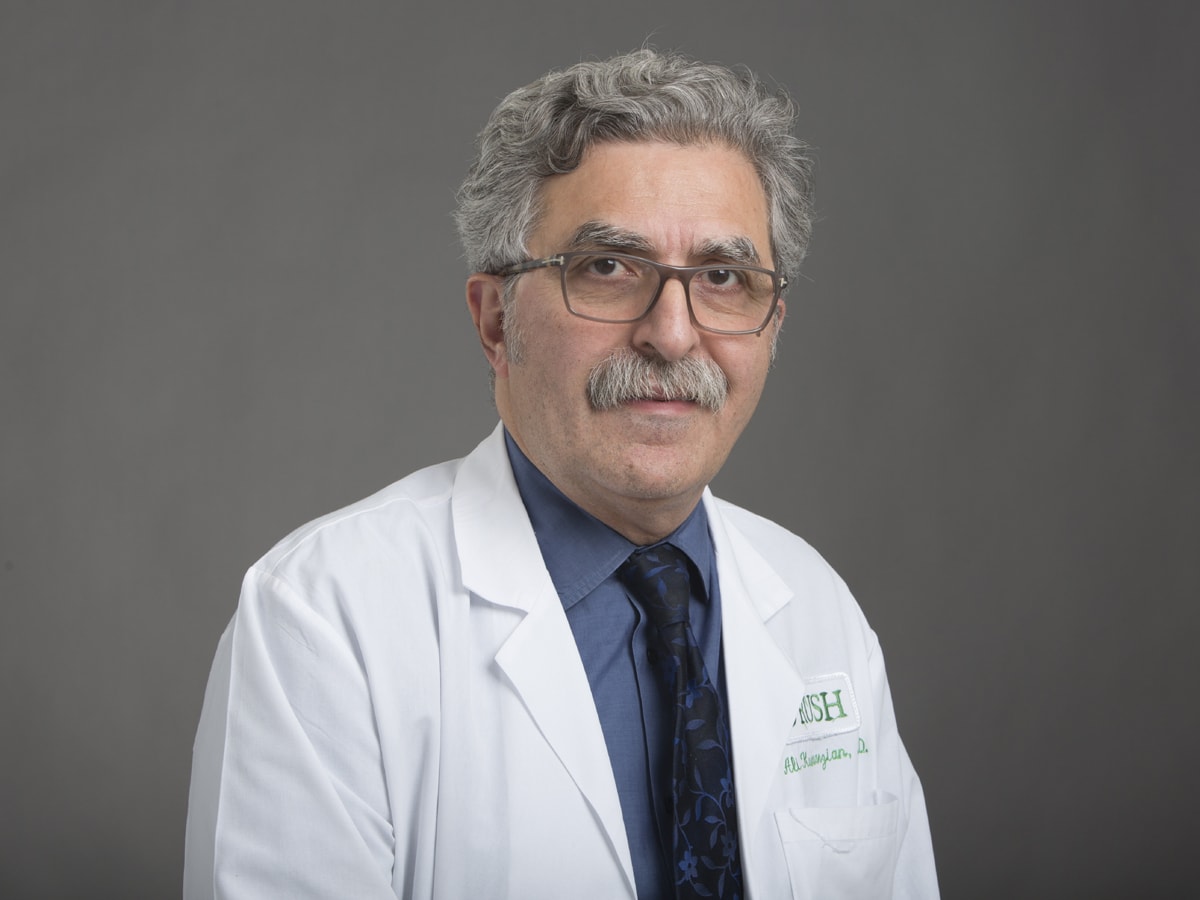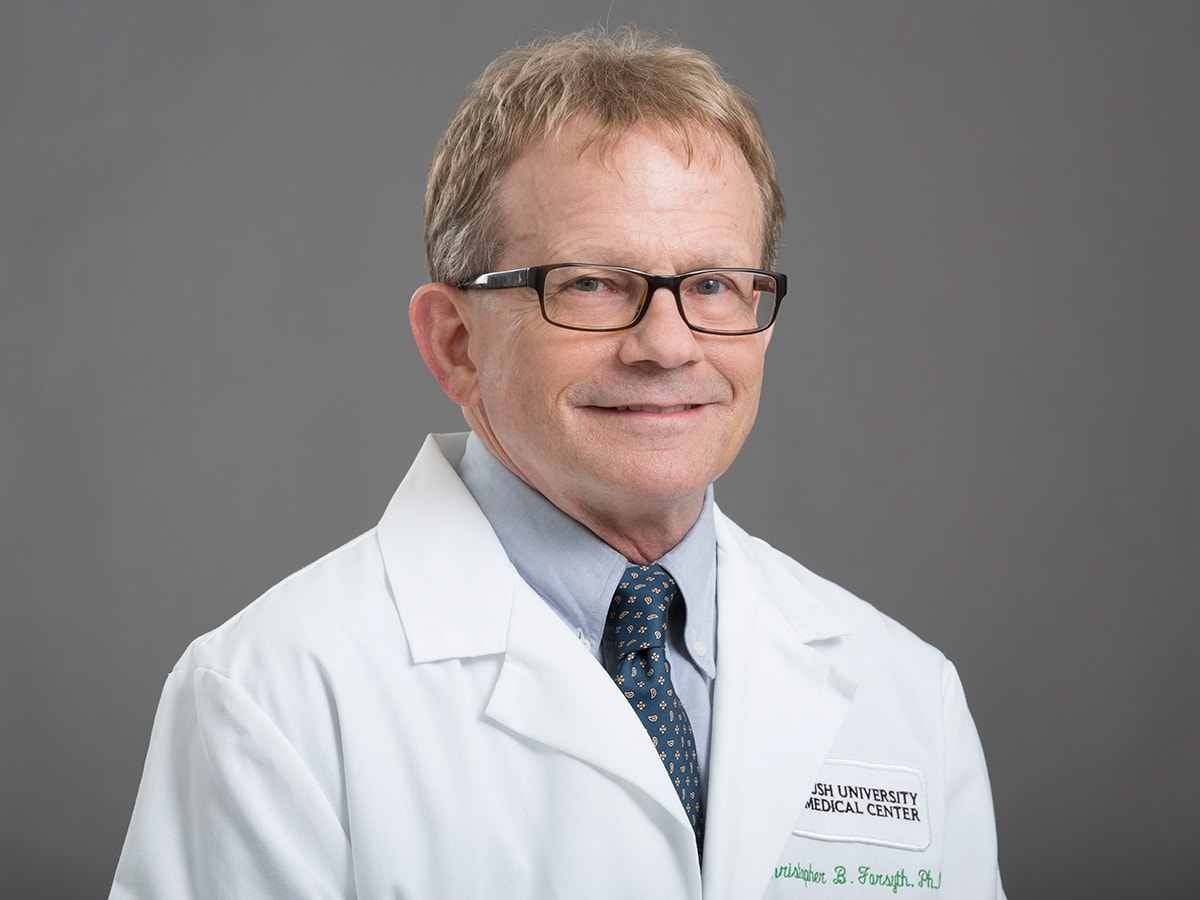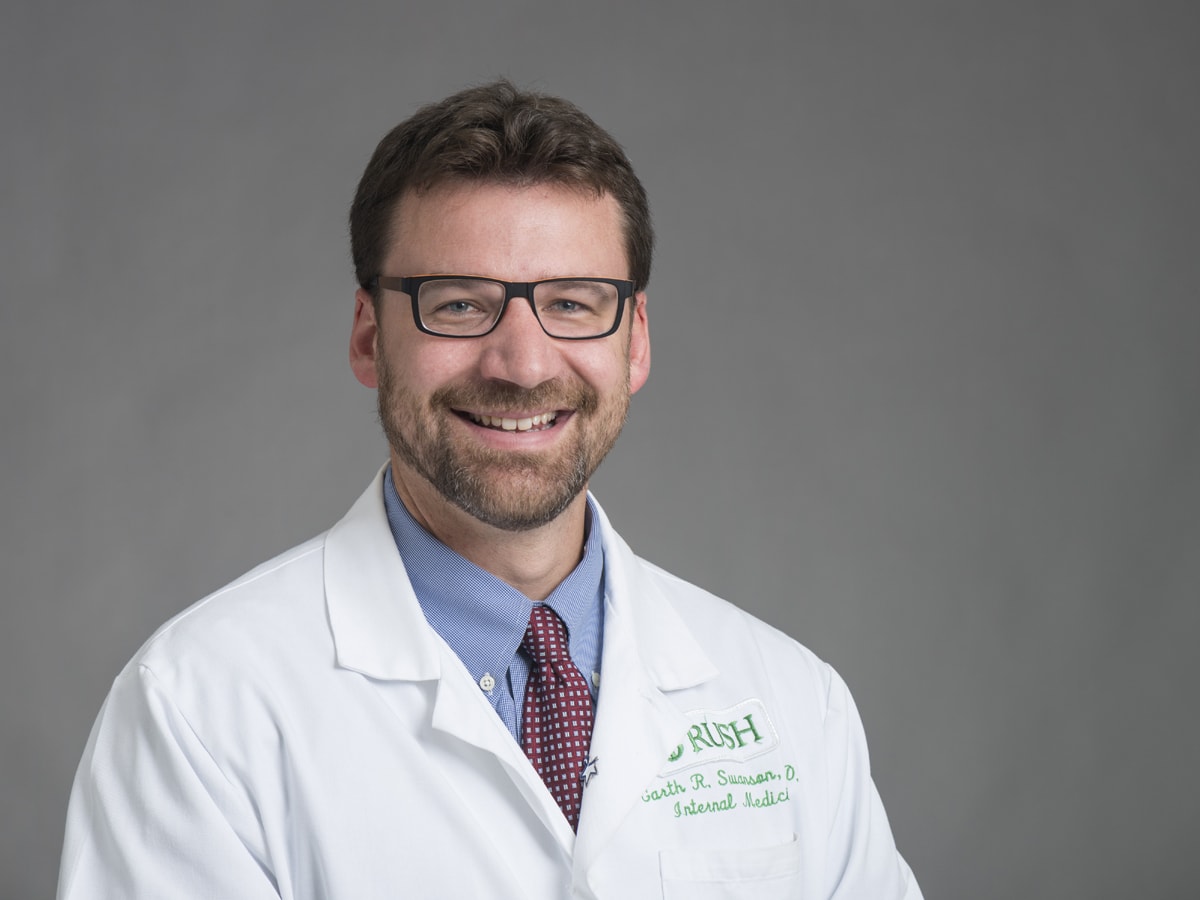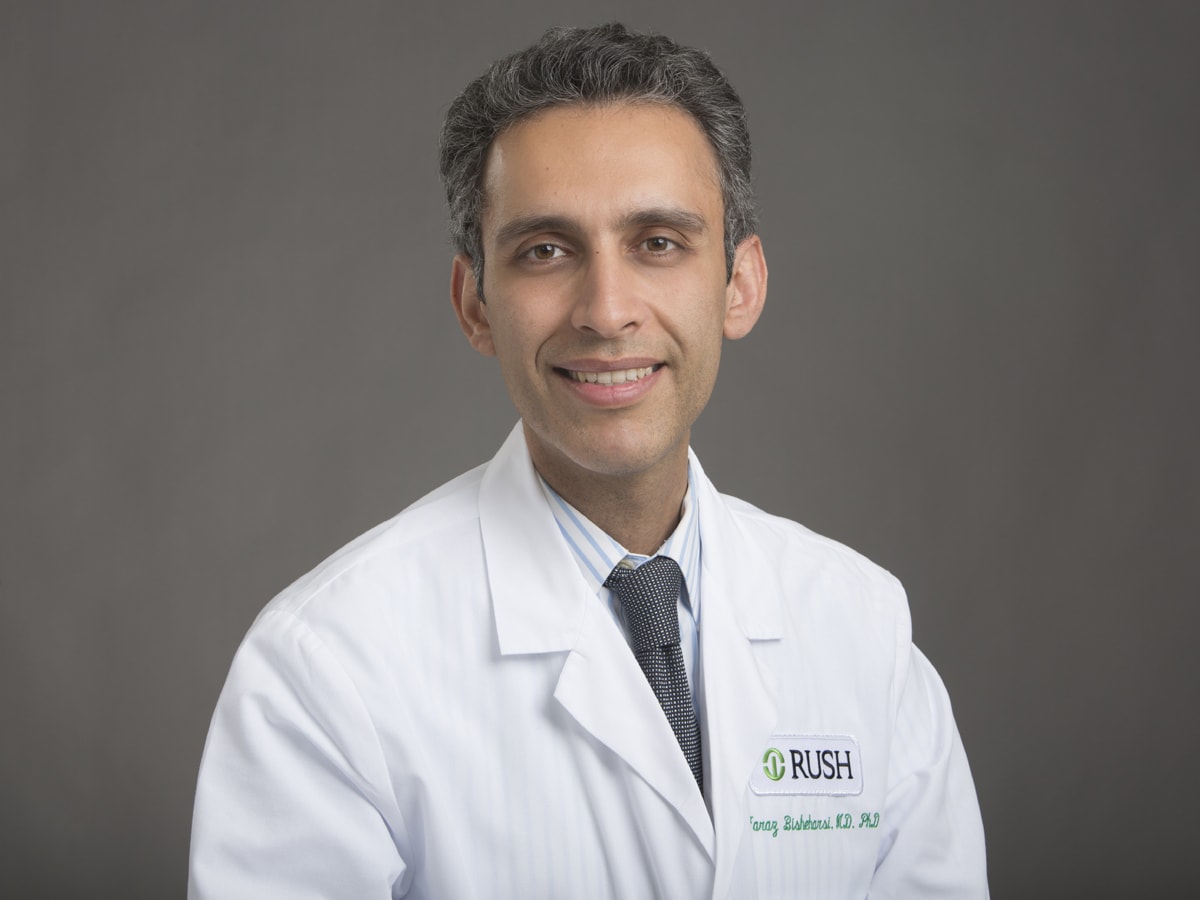| Photo | Bio |
|---|---|
Image

| Ali Keshavarzian, MD, FRCP, FACP, MACG, AGAF, center director, is a professor in the Division of Digestive Diseases and a practicing gastroenterologist at Rush University Medical Center. The primary focus of his research is to study the mechanisms that regulate intestinal barrier function in response to alcohol as well as inflammatory disorders of the gut, reactive oxygen and nitrogen radical-induced injury, effects of circadian rhythms on the intestine, and interaction of microbiota and the intestinal barrier in alcohol-related and other diseases. |
Image

| Christopher Forsyth, PhD, center director of operations, is a professor and director of the basic science research laboratory for the Division of Digestive Diseases at Rush University Medical Center. His research interests include alcohol signaling in vitro/ex vivo as well as the animal and human models for alcohol-induced chronic effects including interactions between circadian rhythms and alcohol pathology. |
Image

| Garth Swanson, MD, MS, is a professor in the Division of Digestive Diseases and a practicing gastroenterologist at Rush University Medical Center. He conducts clinical and translational research with a primary emphasis on studying the effects of alcohol on gastrointestinal tract permeability and inflammation and how circadian rhythms impact alcohol-related disease and gastrointestinal disorders. |
Image

| Robin Voigt-Zuwala, PhD, is an associate professor in the Division of Digestive Diseases. She conducts basic science and translational research using mouse models of circadian rhythm disruption to investigate the interaction between circadian rhythms and alcohol-induced tissue damage and disease. |
Image

| Faraz Bishehsari, MD, PhD, AGAF, is a professor, gastroenterologist in the Division of Digestive Diseases at Rush University Medical Center. The primary focus of his interest is on identifying the mechanisms by which lifestyle factors promote the development and progression of colon cancer. He is particularly interested in the role of alcohol consumption, circadian rhythms and microbiota in modulating alcohol-associated colon inflammation and carcinogenesis. |
| Maliha Shaikh, MS, is the laboratory manager for the basic research laboratory in the Center for Integrated Microbiome & Chronobiology Research (CIMCR) at Rush University Medical Center. She manages and conducts a wide variety of ex vivo and in vitro techniques studies, including developing organoids and organoid monolayers from the gastrointestinal tract tissue, ex vivo analysis of circadian rhythms, as well as in vivo, in vitro and ex vivo consequences of alcohol exposure. |
- Get Health Care
- About
- Giving
- Find Faculty
- Library
- Rush U Portal
-
I am a...
Select from the list below to customize your experience: Select a new categoryI am a:
- Get Health Care
- About
- Giving
- Find Faculty
- Library
- Rush U Portal
-
I am a...
Select from the list below to customize your experience: Select a new categoryI am a:
